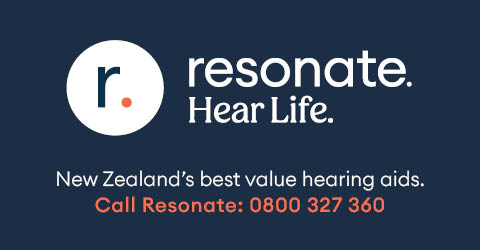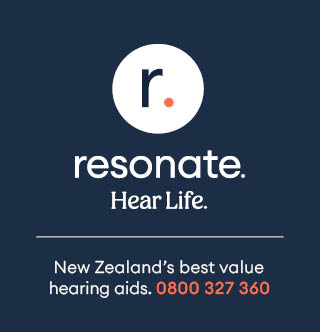The New Zealand Nurses Organisation (NZNO) says the changes to employment law announced recently will be bad news for workers and the economy.
The changes include a change to the Employment Relations Act so that employers are not required to conclude a collective agreement, allowing employers to opt out of multi-employer bargaining and removing the 30-day rule that allows new workers to be covered by a collective agreement for the first 30 days of their employment.
NZNO delegate Erin Kennedy says, “These changes are not about fairness or flexibility. They are entirely about reducing workers’ rights. Allowing employers to opt out of multi-employer agreements will increase costs, drive wages down and reduce efficiencies.”
“Currently all 20 district health boards (DHBs) negotiate a multi-employer collective agreement with unions. The agreement ensures workers throughout the country receive the same pay and conditions and DHBs receive the benefits and efficiencies of working together.”
“It seems strange that the Government has spent the last four years telling the health sector to centralise services to gain efficiencies and yet these changes will allow the opposite to happen. New Zealand’s health system relies on a nationwide approach to providing care. Allowing the fragmentation of employees’ terms and conditions will result in a fragmented and stressed health system.”
“DHBs, NZNO and other unions have a lot invested in being able to bargain fairly. This attack on workers’ rights by the Government is putting our good faith bargaining relationship at risk,” Kennedy says.
“What New Zealand needs is a strong, productive economy based on decent wages and working conditions. These changes to legislation will erode workers’ rights and drive down wages and conditions. They are bad faith law. “













































